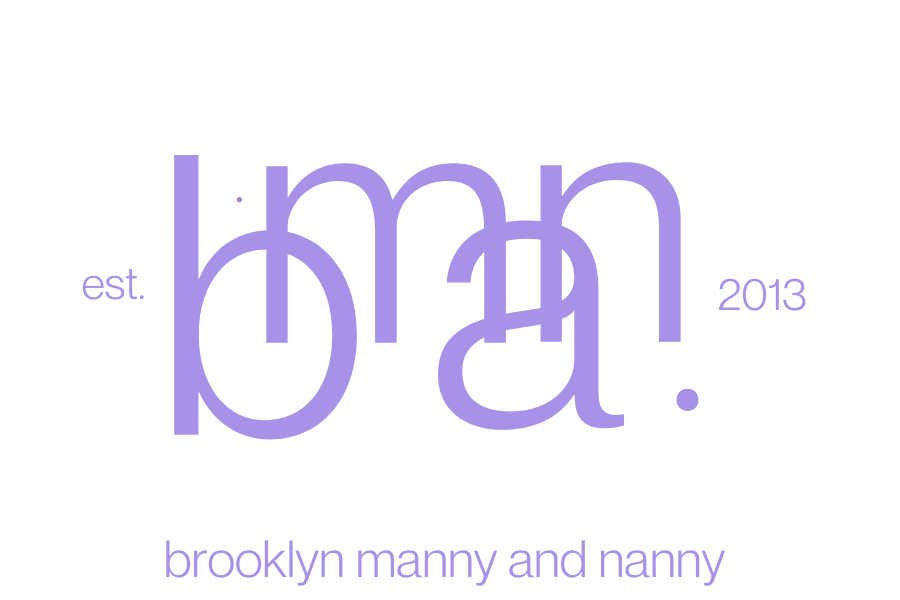How to Use a Dependent Care Flexible Spending Account (FSA) to Reduce Income Tax Through Nanny Expenses
If your employer offers a Dependent Care Flexible Spending Account (FSA), you have the opportunity to use pre-tax dollars to cover eligible childcare expenses, including your nanny's salary, with an annual contribution limit of up to $5,000 ($2,500 if married filing separately). This can lead to substantial savings depending on your tax bracket.
For a clearer understanding, we've created a scenario that illustrates how to leverage this benefit effectively. Additionally, for your convenience, you can download our free FSA reimbursement request template to streamline the process of claiming your expenses. Check out the scenario below to see how you can maximize your savings with a Dependent Care FSA.
Family Background:
Alex and Jordan Johnson earn a combined annual income of $300,000. They have two children, Mia (age 4) and Liam (age 2), and have hired a full-time nanny, Taylor, with an annual salary of $62,000 to take care of them.
Given their income level, the Johnsons are particularly mindful of their tax planning strategies, aiming to maximize their use of available tax-advantaged accounts and deductions.
Using the Dependent Care FSA:
Election: During the annual benefits enrollment period, Alex elects to contribute the IRS maximum of $5,000 to the Dependent Care FSA offered by their employer. This contribution is made pre-tax, which can offer tax savings despite their high-income level.
Paying the Nanny: The Johnsons pay Taylor a monthly salary of $5,166.67. These payments come from their post-tax income. Given their higher tax bracket, minimizing taxable income through legal means, such as utilizing a Dependent Care FSA, is a crucial part of their financial strategy.
Documentation and Reimbursement: The Johnsons meticulously document their childcare expenses and submit the necessary paperwork using bman’s FSA Reimbursement Template to their FSA administrator for reimbursement. Despite their high income, they still qualify for the full $5,000 reimbursement from their Dependent Care FSA.
Tax Considerations at Higher Incomes: For families like the Johnsons, with a combined income of $300,000, the value of the Dependent Care FSA is in the tax savings achieved by reducing their taxable income. At their income level, they are likely in a higher tax bracket (e.g., 24% or higher), making pre-tax contributions more valuable. The $5,000 pre-tax contribution to the FSA could result in tax savings of approximately $1,200 or more, depending on their exact tax bracket.

